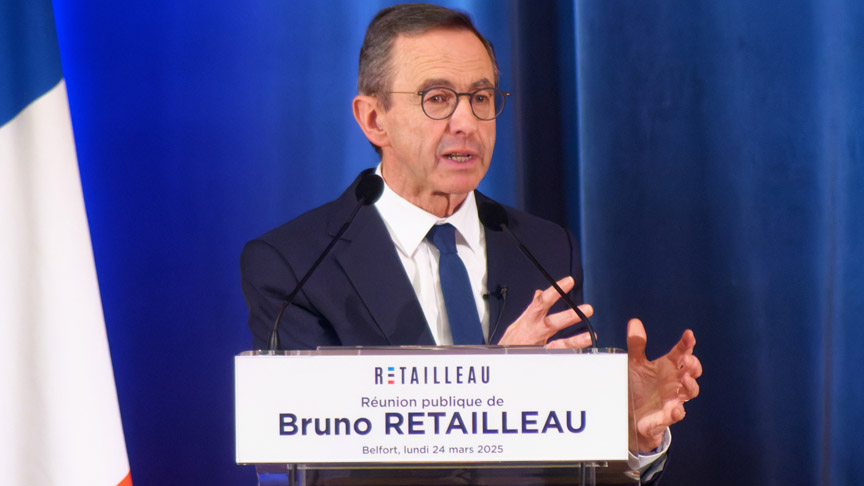
Nadine Osman
A leaked French government report accusing the Muslim Brotherhood of orchestrating a covert campaign to reshape European public life has provoked a fierce backlash from academics, civil society leaders, and Muslim organisations, who warn it risks fuelling Islamophobia and mistrust of ordinary Muslims.
Commissioned in 2024 and shared with ministers on May 21, the 75-page report claims the Egypt-based Islamist group is pursuing a “long-term, non-violent strategy” to promote its ideological goals by embedding sympathisers within European institutions. It alleges the Brotherhood uses “entryism” to influence schools, mosques, NGOs, sports clubs, and local governments, with the aim of pushing societies toward Islamic law.
Interior Minister Bruno Retailleau told Le Parisien that the group’s objective is “to tip the whole of French society into sharia,” calling it a dangerous ideological threat. The report also accuses Brotherhood-linked organisations of lobbying EU institutions to criminalise blasphemy and reshape definitions of religious freedom. It highlights financial links to Qatar and Kuwait as further signs of ideological alignment.
However, the report’s critics say its conclusions rest on tenuous associations and generalised assumptions. Franck Frégosi, a leading political scientist whose work the report cites, rejected its framing. In an interview with France Inter, he said it attributes “common behaviour by Muslim members of the community — such as choosing to wear a headscarf — as the result of influence by the Muslim Brotherhood.”
Nadia Fadil, an associate professor at Belgium’s Katholieke Universiteit Leuven, criticised the report for lumping together a wide range of Muslim civil society organisations. “It’s a lazy trope,” she told reporters, “Comparable to tying all left-wing movements from communism to social democracy to Karl Marx.”
The French Council of the Muslim Faith (CFCM), formerly the state’s main interlocutor for Muslim affairs, warned that the report risks creating “a climate of constant suspicion” around French Muslims. President Emmanuel Macron severed ties with the council in 2023.
Organisations named in the report have also issued strong denials. The Forum of European Muslim Youth and Student Organisations (FEMYSO), labelled in the report as linked to the Brotherhood, rejected “any attempt to associate [them] with political entities.” The Federation of French Muslims, described as “the national branch of the Muslim Brotherhood in France,” called the accusations “unfounded.”
Following the leak to media outlets, Macron convened a national security meeting and tasked ministers with proposing policy responses by early June. Among the measures being discussed is a potential ban on headscarves in public for girls under 15 — a proposal backed by members of Macron’s Renaissance party.
Gabriel Attal, the party’s parliamentary leader, argued the move would protect children and promote gender equality. “We must not allow Islamists to impose their symbols in public space under the guise of religious freedom,” he told France Info.
Government officials insist the coming proposals will target extremist ideology rather than Islam itself. But critics warn the report blurs that distinction. “Islamism is an ideology that tries to use a religion as a tool,” said Retailleau, defending the document. Yet opponents argue that its sweeping scope may stigmatise mainstream Muslim institutions.
Photo: Bruno Retailleau, Minister of the Interior, speaks during a public meeting at the Salle des Fêtes, Place d’Armes, Belfort, France, on March 24, 2025. (Credit: Wiki Commons)